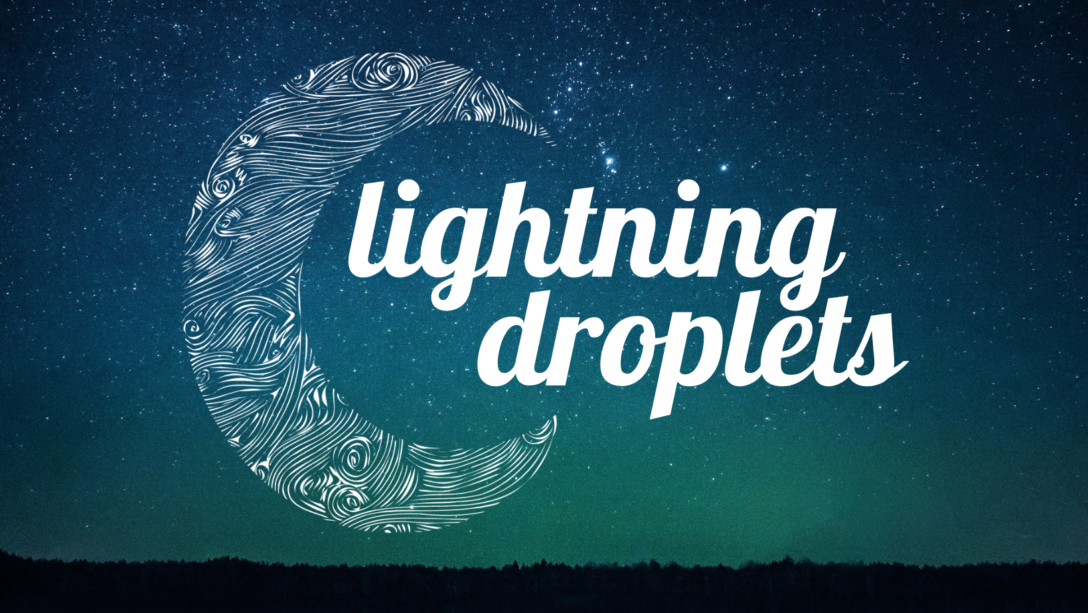For those of you keeping track at home, you’ll notice that it’s been nearly two months since I posted. It’s been a whirlwind around here and my poor little Lightning Droplets blog had been put on the backburner because of it. Lots of exciting things have happened, though, and I’d like to share!
My last post was in November, when I — bravely? insanely? masochistically? — took on my first NaNoWriMo in the middle of my first semester of an MFA Program and my first semester teaching college composition. I did not reach the goal of 50,000 words, but I did feel like I accomplished a lot. I started a novel I’m quite excited about and reached my all time daily peak (6,000 words in one day!) and even my monthly best at 17,165 words on one piece (I did write a few other things in November). You might know from my Write Fast post that I am not a fast writer, but in November, I averaged over 500 words a day. This is about the same word count as Tom Robbins, who is a favie fave of mine, so I am feeling pretty good about that.
Also in November, I found out that I won a grant! The grant pays for my class to publish a collection of essays written by my students. It also pays for me to go to two writing conferences. So, anyone going to AWP this year will see me there! Woohoo for a free week in Seattle! I’ll also be going to the Pacific Rim Conference on Literature and Rhetoric in Anchorage, so that will be a nice little weekend, too.
By the time the end of the semester rolled around, I had been nominated for Best of the Net, published in Yemassee, Flash Frontier, Exegesis, and Saw Palm (forthcoming), written 15 solid pieces in three different genres, done two panel presentations, a roundtable discussion, two craft papers, a position paper, and two Prezis, contributed to the WriteAlaska website, produced a full-length book with my students, read 18 books,submitted work to sixty literary magazines, and drank many, many pints of Alaskan beer.
You can see why my little blog here has been neglected. I have lots planned for next semester as well, but Lightning Droplets will hopefully get a little more attention as I settle in more to my new life and my new home in the Arctic.
Update: Also, just to let people know, I have joined Amazon’s Affiliate Program. So… Lightning droplets is now a participant in the Amazon Services LLC Associates Program, an affiliate advertising program designed to provide a means for sites to earn advertising fees by advertising and linking to Amazon.com.
